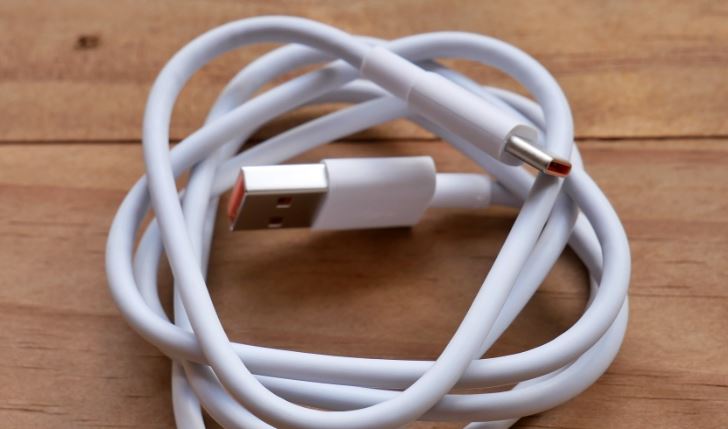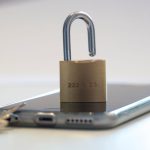The European Union(EU) pushing for a common charging standard among smartphones and other relatively small electronic devices is something we have covered in the past.
But finally, after months of consultations and talks among interested players, all mobile phones, tablets and cameras sold in the EU will have to be equipped with a USB Type-C charging port by the end of 2024.
Furthermore, the same obligation will be extended to laptops from early 2026.
The main aim of the new law is to ensure consumers will no longer need a different charger every time they purchase a new device, as a common standard will make it possible to use one single charger for a whole range of small and medium-sized portable electronic devices.
The list of devices covered in the new law is as follows: mobile phones, tablets, digital cameras, headphones and headsets, handheld video game consoles, portable speakers, e-readers, keyboards, mice, portable navigation systems, earbuds and laptops that are rechargeable via a wired cable and operate with the power delivery of up to 100 Watts.
Exemptions will however be made for devices that are too small to offer a USB-C port, including products like smartwatches, health trackers and a few sports equipment.
The new law also asks companies to clearly put labels that inform consumers about the charging characteristics of the devices that they purchase.
The EU has also set its eyes on wireless charging, promising to harmonize interoperability requirements by the end of 2024 to avoid having a negative impact on consumers and the environment.
They also believe this will remove the “lock-in” effect whereby a consumer becomes dependent on a single manufacturer.
Once in effect, the commission estimates that consumers will save up to 250 million Euros each year on unnecessary charger purchases.
Furthermore, The amount of disposed of and unused chargers, which currently stands at 11,000 tonnes of e-waste annually in the EU, is expected to reduce as more people will be holding on to their chargers and reusing them.
While rumours had it that Apple was not pleased with the directive as they will now have to move away from their lightning charging port, experts believe the EU has done the right thing.
“This is a victory for common sense. Although Apple has a huge installed base of lightning cable-powered devices, the ubiquity of USB-C across all consumer electronics products means that harmonizing on USB-C makes perfect sense,” says Ben Wood, Chief Analyst at CCS Insight.
Wood adds that he expects Apple to adopt not only the USB-C port in the EU alone but also in the rest of the world. Some reports had already started coming out early in the year that an iPhone with a USB-C charging port was in the works and could debut in 2023.
It will certainly be interesting to see how the rule change pans out in the coming years. Furthermore, it could lead to interesting outcomes, such as all phones supporting the same fast charging speed.
Found this interesting? Share!

























 and then
and then